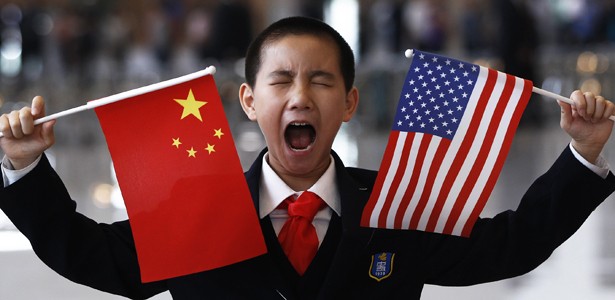While the barely identifiable "E.L.," whose Dear John letter was published in the New York Post on Sunday, manages a respectful tone that is consistent with the placid sheep year that it was published in, one cannot help but wonder about its authenticity.
Admittedly, such suspicion is not immediately aroused, as the grammar and syntax is of a decent standard, and the details seem plausible.
However, after sitting with the letter for a short while--and processing the "Buy American!" catch-cry that respondent John Crudele ends with--the content starts to take on a faint odor. It must be noted that our wariness is not formed from any type of parochialism or jingoistic fervor, but is instead based upon many hours spent along the myriad avenues of the Internet, in an era where the convenience of open access has unjustifiably been equated with credibility.
Let us explain further: When publishing content on the Internet, the writer can claim to be everything that they are not due to the user-friendly ease that the World Wide Web offers people. A comprehensive but completely false identity can be conjured up in under an hour with the simple employment of 21st-century technology--which is why Beijing is increasingly attentive toward such matters.
So, when we read over "E.L.'s" claim, in which an agent who agreed to liaise with Chinese merchants on their behalf has simply disappeared with the money, we want to know why the details are so scant and the information is so general. The letter could be used as a template for a training module, it is so impersonal.
Where are the details about the kind of business that "E.L." runs? Were the items expensive? Where was the agent procured from? Where was the agent based? We understand the importance of confidentiality, but this content, as well as the uber-neutral tone, feels particularly unusual.
What also stands out to us is the almost instantaneous way that we found a Feb. 5, 2015, article titled, "How to buy cheap tech products and equipment from China," which was written by author Patrick Nelson for the U.S. site Network World (part of the IDG Contributor Network).
Not only does Nelson state that agents are not necessary, but he points out that the long waiting times are representative of the super-cheap prices. From his opinion piece, the local Chinese consulate or embassy is the last place that you will find Nelson.



























